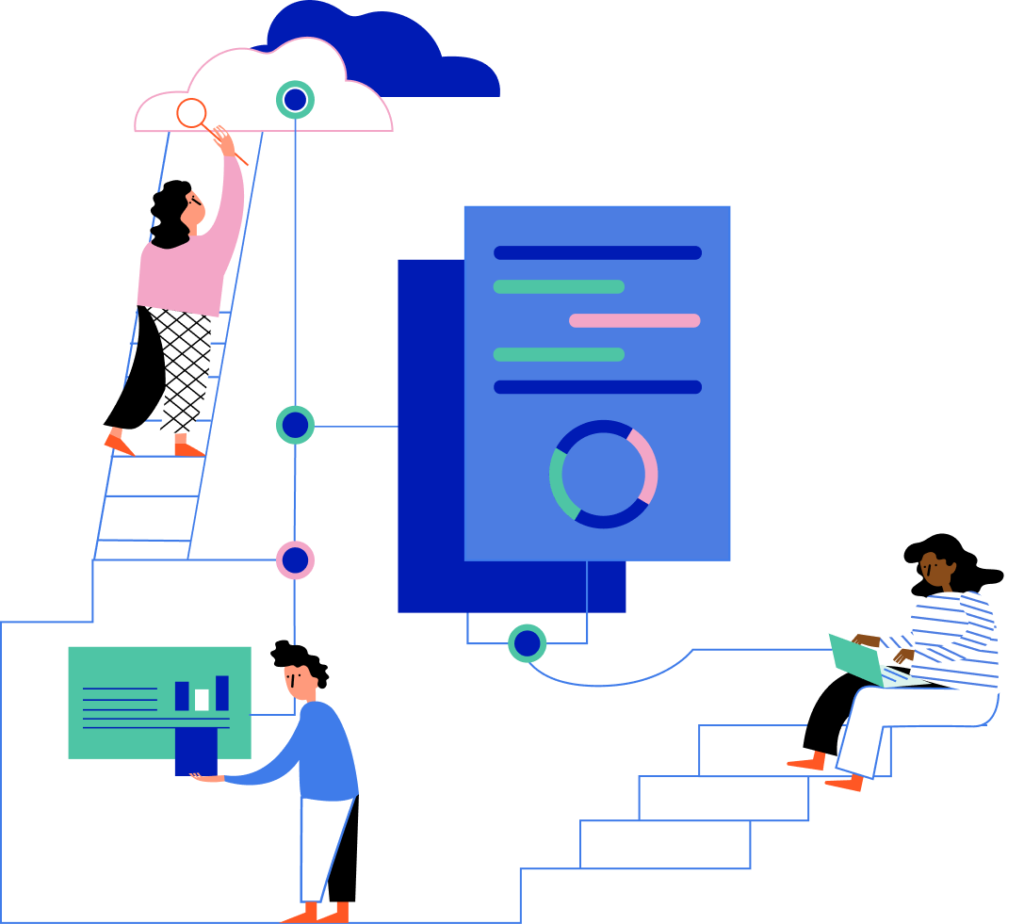
What is the Algorithm Register? What information can I find from this page?
The Algorithm Register is a window into an overview of artificial intelligence systems and algorithms used by the City of Amsterdam. Through the register, you can get acquainted with the quick overviews of the city’s algorithmic systems or examine their more detailed information based on your interests. You can also give feedback and thus participate in building human-centered AI in Amsterdam. At this moment the register is still under development and does not yet contain all the algorithms that the City of Amsterdam uses. We are hard at work to register all algorithms we use in the nearby future.
If you want to learn more about AI registers, use this link to download our White Paper ‘Public AI Registers’.
Do you want to provide feedback on the Algorithm Register? Please fill out this survey. If you have questions regarding the Algorithm Register, please send an email to algoritmen@amsterdam.nl.
How do Amsterdam’s algorithms impact me and my everyday life?
Algorithms have become an inseparable part of our daily lives. Amsterdam uses algorithms to improve the accessibility and experience of the city’s services. For example, algorithms can show if there’s risk of a major traffic jam, or if an area is excessively dangerous so we can take the appropriate measures. It can also help speed up processes, like handling reports and requests, by sending them straight to the right department and automatically finding relevant documentation in an archive.


What is an algorithm and what is it used for?
An algorithm is a bit like a recipe: it’s a predetermined set of rules or steps, which are followed by the computer. Data are the ingredients of the algorithm. Some algorithms can independently learn new steps, for instance when they have to process new data. An algorithm that’s used to recognize litter, for instance, is first trained with several different images of trash bags, teaching it what a trash bag is. After training, it independently recognizes bags that resemble the images from the training; which is used for a more efficient pick-up schedule. In some cases, algorithms can take over tasks previously done by humans, or not even possible by humans, such as quickly finding information in large amounts of data. People are still needed to create, train and manage the algorithm, however; humans are always responsible for its operation.
What ethical principles are followed when using algorithms in Amsterdam?
Algorithms used in public services must adhere to the same rules and principles as all other public services provided by the municipality. That means they must treat people equally, not limit their freedom, be transparent and open to democratic control and be at the service of the people of Amsterdam; not the other way around. In addition, algorithms should never have the final say and should not work solely on the basis of correlations. The City of Amsterdam believes that all people of Amsterdam should have access to understandable and current information about how algorithms affect their lives. That is why we’ve developed the Amsterdam algorithm register.
